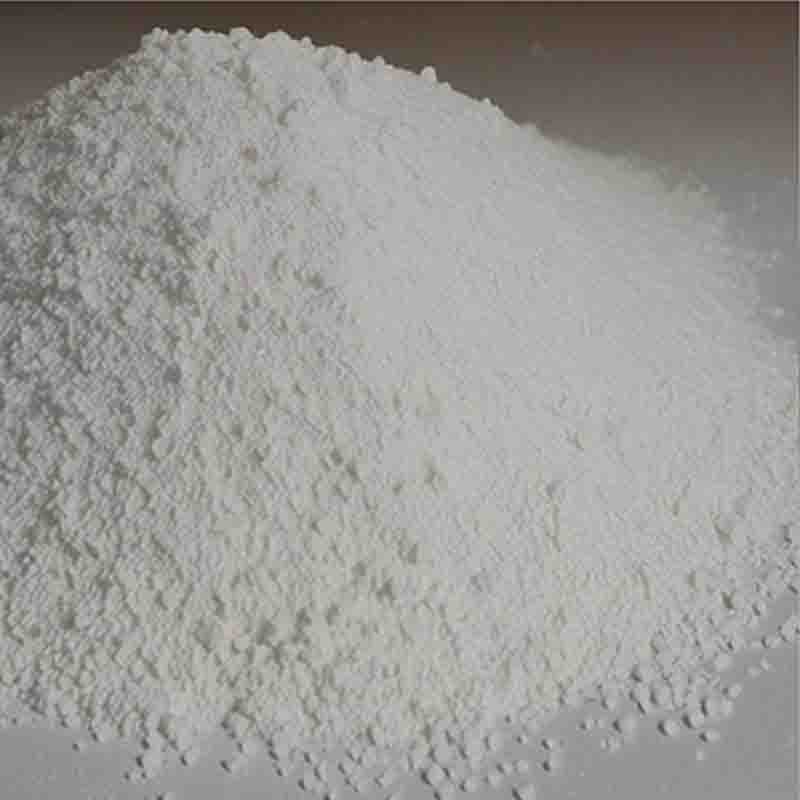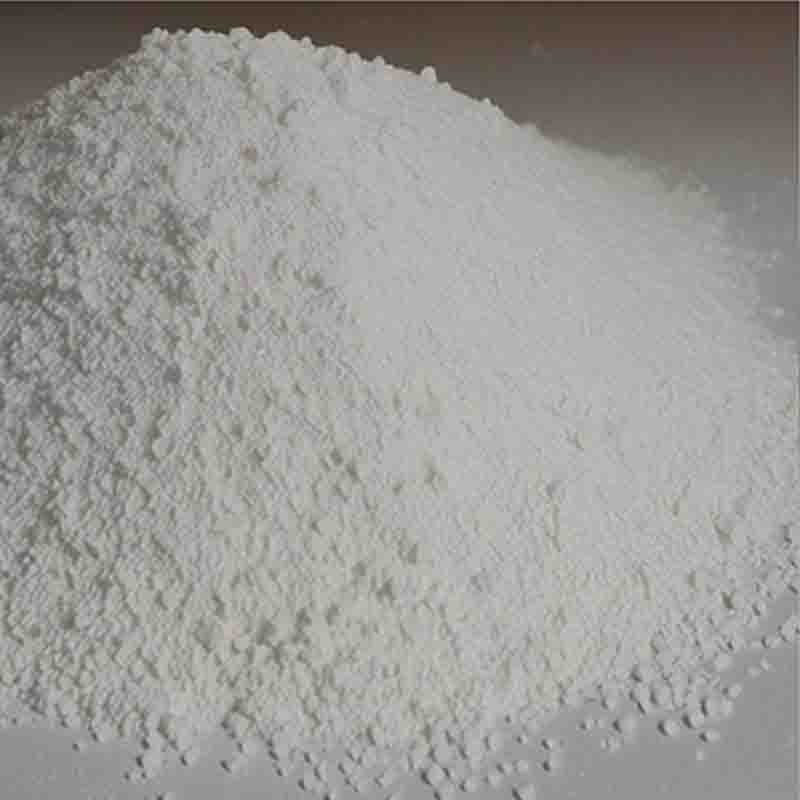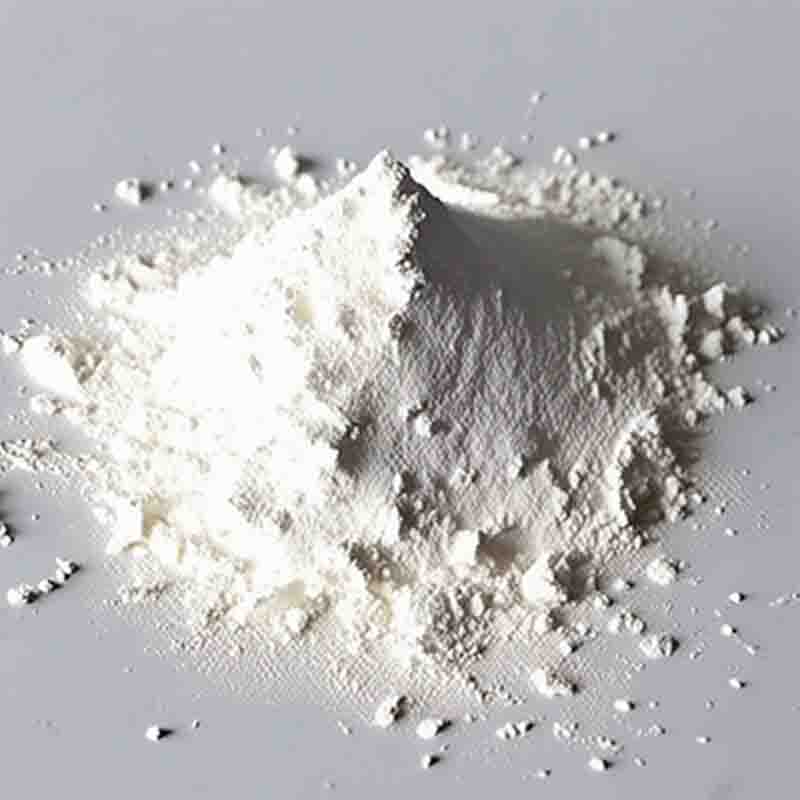LITHOCHOLIC ACID CAS: 434-13-9
| Catalog Number | XD94198 |
| Product Name | LITHOCHOLIC ACID |
| CAS | 434-13-9 |
| Molecular Formula | C24H40O3 |
| Molecular Weight | 376.57 |
| Storage Details | Ambient |
Product Specification
| Appearance | White powder |
| Assay | 99% min |
Chenodeoxycholic acid (CDCA) is a naturally occurring bile acid that serves crucial functions in the human body. It is primarily produced in the liver and helps in the digestion and absorption of dietary fats. However, CDCA also has therapeutic applications and is used in medicine for various purposes.One significant application of CDCA is in the treatment of gallstone disease. Gallstones are solid deposits that can form in the gallbladder or bile ducts, causing pain and other complications. CDCA, when administered orally, can dissolve cholesterol gallstones by promoting the secretion of bile and reducing the cholesterol saturation in the bile. This action helps in the conservative management of gallstones, especially in individuals who are not suitable candidates for surgery or wish to avoid surgical intervention.CDCA also finds use in the management of certain liver disorders, particularly primary biliary cholangitis (PBC). PBC is an autoimmune disease that affects the bile ducts, leading to the destruction of liver cells and impaired liver function. CDCA is prescribed as a first-line therapy for PBC patients due to its hepatoprotective effects. It helps to improve liver enzyme levels and slow the progression of the disease by suppressing the immune-mediated destruction of bile duct cells. CDCA may also reduce the overall mortality rate in PBC patients.In addition to its role in gallstone disease and PBC, CDCA has potential applications in other medical conditions. Research suggests that it may be helpful in managing other types of liver diseases, such as non-alcoholic fatty liver disease (NAFLD) and non-alcoholic steatohepatitis (NASH). CDCA has been shown to reduce liver inflammation and improve liver function in these conditions, though further research is needed to establish its effectiveness definitively.As with any medication, CDCA can have some side effects and interactions with other drugs. Potential adverse effects include gastrointestinal disturbances such as diarrhea, abdominal pain, and nausea. It is important for healthcare professionals to carefully evaluate individual patient characteristics, medical history, and potential contraindications before prescribing CDCA.In conclusion, Chenodeoxycholic acid (CDCA) is a bile acid with therapeutic applications in medicine. It is commonly used in the management of gallstone disease by promoting the dissolution of cholesterol gallstones. CDCA also plays a vital role in the treatment of primary biliary cholangitis (PBC), improving liver function and slowing disease progression. It may have potential applications in other liver disorders such as NAFLD and NASH. However, the use of CDCA should be carefully evaluated by healthcare professionals, considering the patient's specific situation, potential side effects, and drug interactions before prescribing.


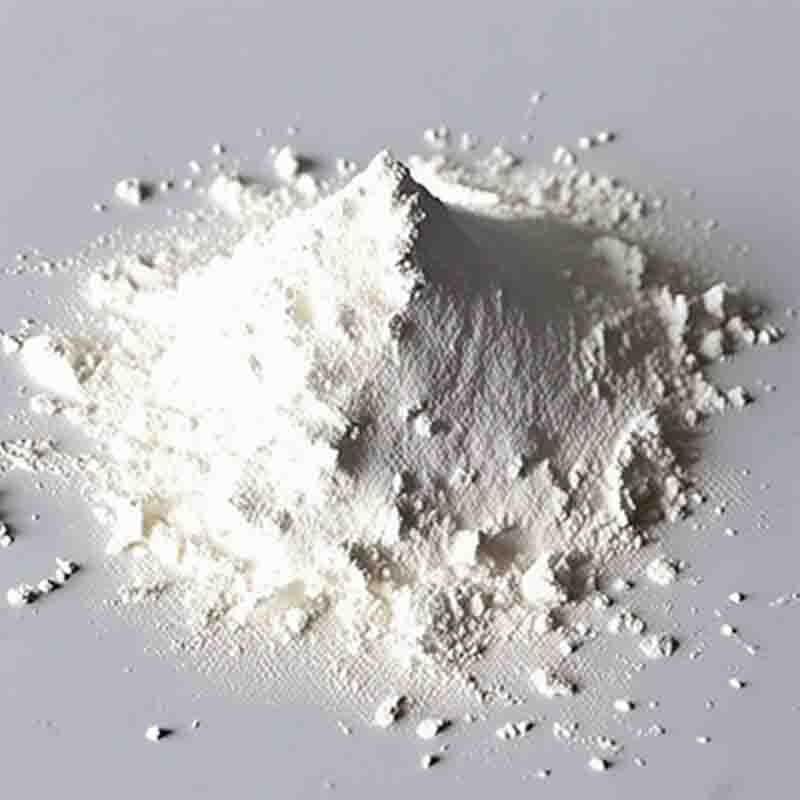

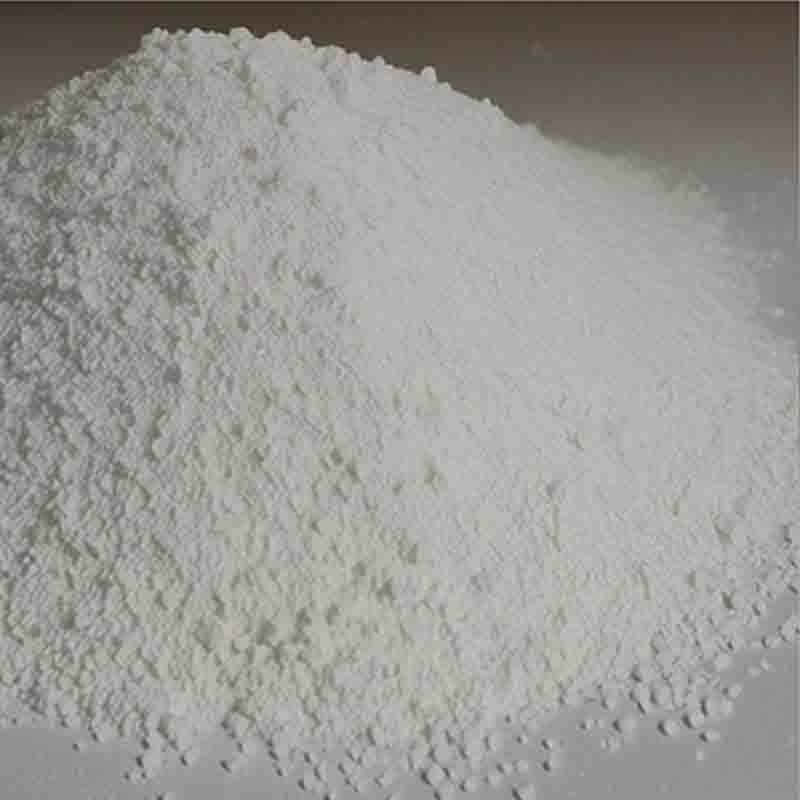
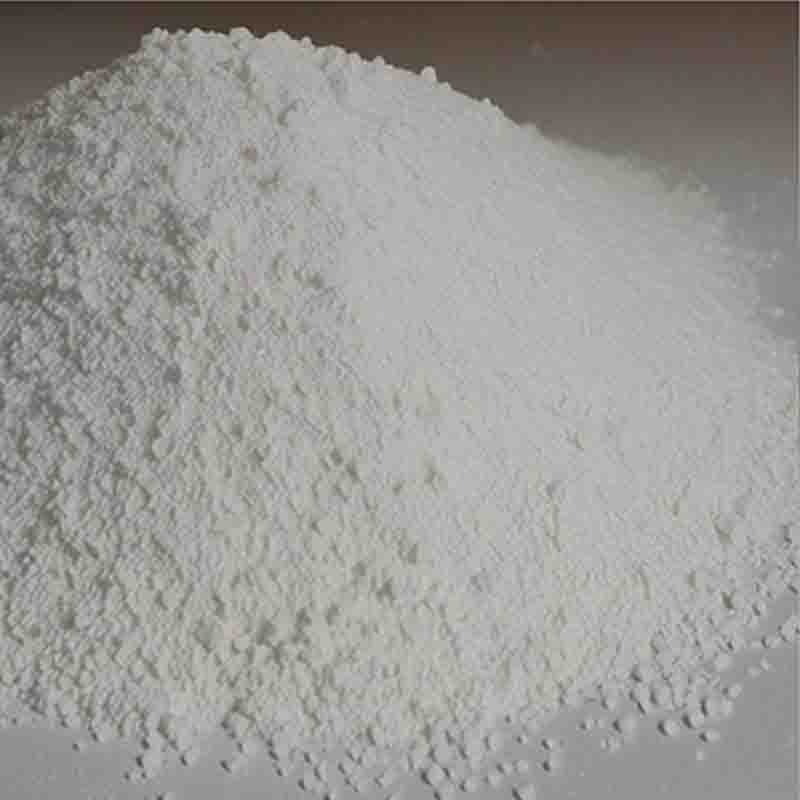
![2′-anilino-6′-[ethyl(3-methylbutyl)amino]-3′-methylspiro[isobenzofuran-1(3H),9'-[9H]xanthene]-3-one CAS:70516-41-5](https://cdn.globalso.com/xdbiochems/白色粉末2825.jpg)
